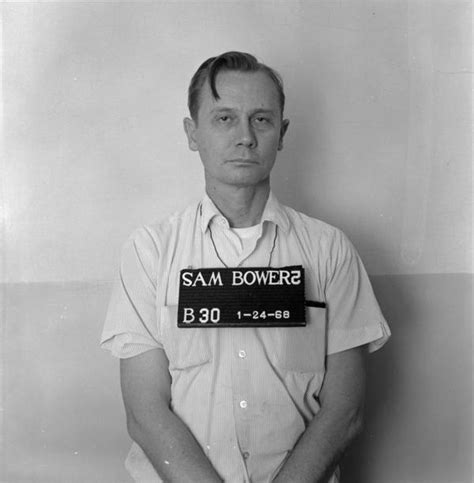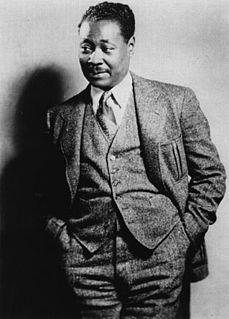A Quote by Victor Hugo
On this point, the priest and the philosopher agree: We must die.
Related Quotes
I was trained as a philosopher never to put philosophers and their ideas into historical contexts, since historical context has nothing to do with the validity of the philosopher's positions. I agree that assessing validity and contextualizing historically are two entirely distinct matters and not to be confused with one another. And yet that firm distinction doesn't lead me to endorse the usual way in which history of philosophy is presented.
There are three musts that hold us back: "I must do well. You must treat me well. And the world must be easy." And I sometimes think that as long as we keep the second must, which is socially learned, then some screwballs 100 years from now will manufacture atomic bombs in their bathtub and maybe annihilate the whole human race because they demand that the rest of the world must agree with their dogmas. When we don't agree, they may zap us.





































